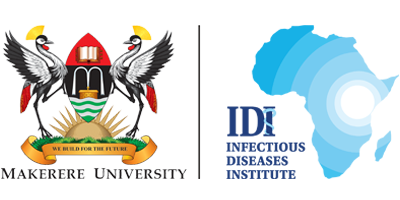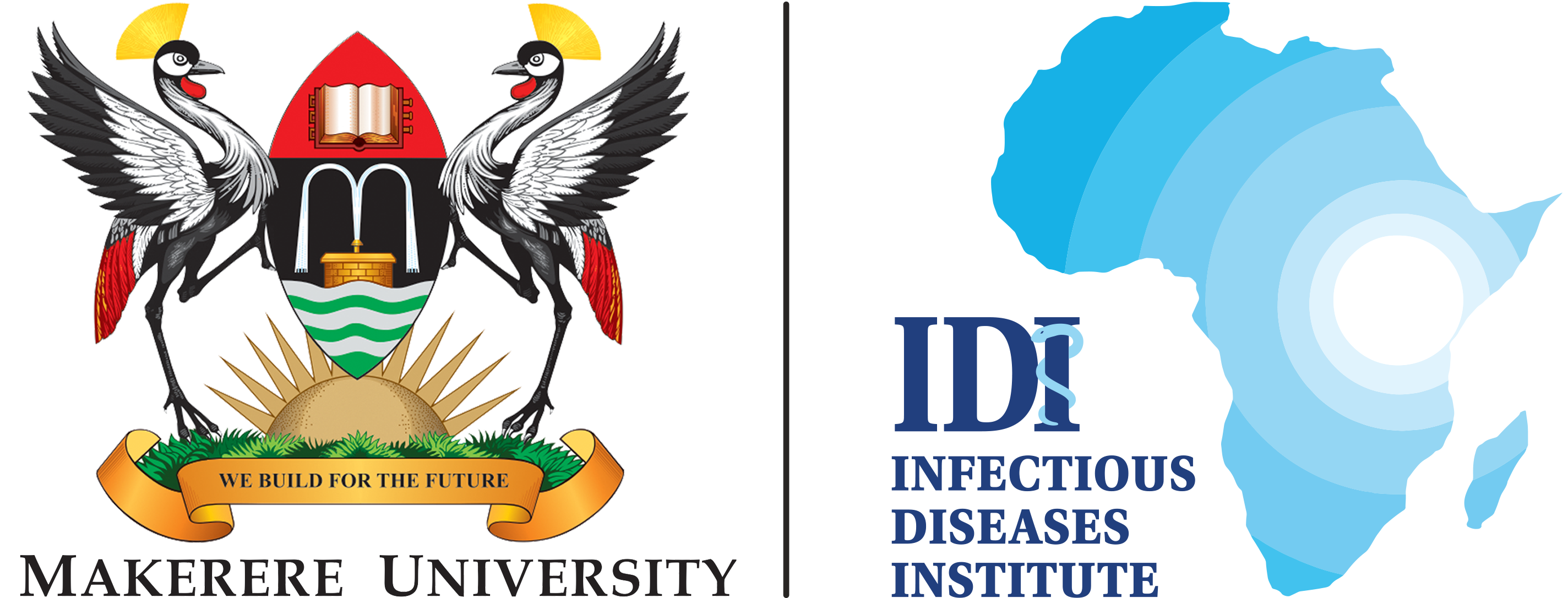- Associated Links
-
-
Our united network of partners and institutions share a vision for excellence, innovation, and impact. Together, we harness our combined strengths to create meaningful change.
-
-
-
- Careers
-
-
Our people are our greatest asset. We foster a thriving environment where everyone can flourish and make a difference. Join us in driving innovation and positive change through fulfilling career opportunities.
-
-
ADVANCE
The “Advance” is dedicated to promoting the adoption of health technologies by the governments, organisations and communities to enhance healthcare outcome. Research has shown that digital health technologies can improve health literacy, patient participation, and healthcare efficiency, particularly for those with chronic condition. We move from theory to action, piloting projects, launching initiatives, and demonstrating use cases. Learning with intention, we collect and share our insights with the global health community to inform programme planning and investments.
Health Innovations Conference
Sharing Ideas and Solutions on Common Challenges
Year after year, the Academy for Health Innovation in Uganda spearheads a grand initiative: the Health Innovation Conferences. These annual gatherings stand as a beacon in navigating the ever-evolving healthcare landscape.
The conferences have been a melting pot of cutting-edge discussions, delving into the transformative potential of technology in healthcare, fostering collaborative private-public partnerships, and fortifying healthcare systems with resilient innovations.
Drawing a diverse array of delegates from Uganda and across borders – including the USA, Ghana, Nigeria, Ethiopia, and Namibia – these events serve as a nexus for innovators and entrepreneurs. Their shared goal: to network, exchange visionary concepts, and delve into emerging health sector issues.
The Academy’s unwavering focus remains on merging low and high-tech innovations, striving for sustainable healthcare accessible to all. These conferences are pivotal in tackling the challenges faced by healthcare systems, aiming to elevate the quality and accessibility of healthcare through durable, forward-thinking innovations.
Hub for Artificial Intelligence in Maternal and Sexual Reproductive Health in Sub-Saharan Africa—HASH
Harnessing AI to Bolster the Health of Mothers and Girls in Sub-Saharan Africa
In the heart of Sub-Saharan Africa, an innovative initiative, the Hub for Artificial Intelligence in Maternal and Sexual Reproductive Health (HASH Project), is revolutionising healthcare. Led by the Infectious Diseases Institute (IDI), in partnership with Sunbird AI and the Makerere University AI lab, this project stands as a beacon of hope for addressing critical challenges in maternal, sexual, and reproductive health (MSRH).
Forming an integral part of the Artificial Intelligence for Development in Africa Programme (AI4D Africa), the HASH Project is generously funded to establish a robust network encompassing pan-African researchers, visionary organizations, innovative minds, and diverse stakeholders. Its primary objective? To meticulously explore and validate the potential of AI and data technologies within the sphere of MSRH.
At its core, the project places a strong emphasis on nurturing sustainable, locally-developed AI solutions tailored specifically to confront the multifaceted challenges encountered in MSRH across Sub-Saharan Africa. This commitment is deeply rooted in a responsible approach, addressing critical elements such as gender sensitivity, inclusivity, and ethical considerations within AI development.
By fostering collaboration, conducting pioneering research, and providing invaluable capacity-building initiatives, the HASH Project aspires to forge an inclusive environment for stakeholders. Furthermore, it’s not just limited to academic pursuits; the initiative actively engages in policy advocacy, striving to amplify the visibility, adoption, and funding of AI technologies dedicated to MSRH across the region.
The HASH Project stands as a testament to the power of collective effort and shared vision. It’s a rallying point, drawing together experts and change-makers from diverse fields to drive meaningful progress in the critical realm of maternal, sexual, and reproductive health. Through concerted efforts, this initiative paves the way for a future where AI serves as a transformative force in improving healthcare outcomes for all in Sub-Saharan Africa.
Call for Life Community Healthcare Worker Training
Working smarter with real-time information
Amidst underserved communities lies an invaluable resource: Community Health Workers (CHWs), the unsung heroes championing health and well-being. The Call for Life Community Healthcare Worker Training (MITIC) is a pioneering adaptation of the Call for Life solution tailored to equip and empower these remarkable individuals, also known as Village Health Teams (VHTs), with the tools and knowledge to revolutionize healthcare within their communities.
With a mission to address diverse health challenges and uplift community well-being, the MITIC programme has seen an impressive milestone: over 2,000 CHWs skilfully trained and deployed. Their role extends far beyond conventional healthcare; these dedicated individuals serve as pillars of health education, information dissemination, and vital support systems within their communities. They bridge the gap between medical care and community accessibility, advocating for health-promoting behaviours and aiding in facilitating necessary care.
The programme’s methodology is both comprehensive and practical, incorporating a meticulous blend of classroom sessions and hands-on fieldwork. Post-training, ongoing mentoring ensures that CHWs are well-equipped to navigate their roles adeptly. Emphasizing outreach, education, counselling, social support, and advocacy, the programme aims to fortify individual and communal resilience by enhancing health literacy and self-sufficiency.
What sets this initiative apart is its unwavering dedication to cultivating relationships and fostering empowerment. By deeply immersing themselves in the community’s fabric—its culture, language, and social intricacies—CHWs forge connections that transcend conventional healthcare approaches. This approach underpins their ability to deliver tailored education and support, catalysing tangible improvements in health outcomes, mitigating disparities, and sowing the seeds for healthier, more resilient communities.
The Call for Life CHW Programme is not merely a healthcare training initiative; it’s a transformative force nurturing a healthier, more informed, and empowered tomorrow—one community at a time.
Advanced HIV Disease Toolkit
Unlocking Solutions for Advanced HIV Disease
In the realm of global healthcare, the battle against Advanced HIV Disease (AHD) has reached a critical juncture. Defined by the World Health Organization (WHO) as a state marked by a CD4 cell count below 200 cells/mm3, stage three or four HIV disease, or HIV in children under 5 years old, AHD poses substantial risks, often leading to severe illness and mortality.
Despite remarkable strides in transforming HIV from a once-fatal condition into a manageable chronic disease, the plateau in AIDS-related deaths highlights a pressing concern: individuals grappling with Advanced HIV Disease face the highest threat of mortality and morbidity.
In response to this urgent challenge, the Infectious Diseases Institute, in collaboration with diverse partners under the AHD Implementation Steering Committee of the Unitaid/CHAI Initiative, pioneered a ground-breaking solution: a mobile application specifically designed to assist frontline healthcare workers in managing AHD effectively.
This innovative app serves as a comprehensive repository, housing crucial information encompassing AHD essentials, case series, guidelines, frequently asked questions, medications, and dosages. Aligned meticulously with WHO’s recommended package of AHD care, this toolkit equips healthcare providers with resources essential for diagnosing and treating individuals battling AHD across various care settings, be it in hospitals or ambulatory care facilities.
At its core, the toolkit advocates a public health approach, emphasizing the initiation of antiretroviral therapy (ART) and intensified adherence interventions as cornerstones in managing individuals presenting with Advanced HIV Disease. It meticulously covers the diagnostic procedures and prophylaxis package of care, encompassing comprehensive screening and treatment for common opportunistic infections, thereby addressing critical aspects of patient care.
Functioning as a versatile and adaptable template, the AHD toolkit extends beyond clinical realms. It integrates materials for patient and community sensitization, promoting literacy and cultivating demand for AHD services. This powerful resource is readily accessible, available for download from reputable platforms such as the Global Advanced HIV Disease Toolkit website and the World Health Organization’s website, ensuring widespread availability and ease of access.
The primary goal of this transformative tool is to cater to the multifaceted needs of healthcare workers, aligning with programmatic requirements, and seamlessly integrating within diverse local contexts. It stands as a beacon of hope, empowering healthcare professionals and communities alike in their fight against the challenges posed by Advanced HIV Disease.
Programme for Research on Vaccine Effectiveness
Generating Evidence On COVID-19 Vaccine Effectiveness
Amidst the global fight against COVID-19, the Centre for Disease Control and Prevention-funded Program for Research on Vaccine Effectiveness (PROVE) stands as a beacon of scientific inquiry and progress. Within this initiative spanning 13 African countries, the focus remains steadfast: to generate crucial evidence on COVID-19 vaccine effectiveness under real-world conditions.
At the forefront of this critical endeavour stands the Infectious Diseases Institute’s Academy for Health Innovation in Uganda, a driving force behind PROVE’s success. Recognizing the urgency posed by the pandemic, the institute has embraced the challenge, actively participating in PROVE with a specific focus on overcoming COVID-19’s hurdles.
In resource-limited regions like Africa, the need for novel approaches to enhance vaccine monitoring efforts is undeniable. Here, an innovative solution emerges: the locally developed Interactive Voice Response (IVR) system. Crafted to efficiently collect and disseminate health-related data among diverse populations, including those with limited literacy, this innovation marks a significant leap forward.
Within the framework of PROVE, IDI strategically leveraged a web-based system, OpenMRS – Call for Life, as the administrative interface for the IVR. Adapted to support COVID-19 surveys and post-vaccine monitoring, its primary aim is to evaluate the impact of vaccination on health outcomes across various African countries. Our commitment to advancing vaccine effectiveness research is evident through the integration of IVR technology and other inventive solutions aimed at addressing data collection challenges in the region.
The institute’s proactive involvement in the PROVE project underscores its unwavering dedication to harnessing technology and research in fortifying vaccine effectiveness monitoring, especially in the context of the COVID-19 pandemic. These initiatives hold immense significance in shaping public health policies and vaccination strategies, not solely within Uganda but throughout the expansive African continent.
Moreover, IDI’s strides include the development and integration of a French module and rigorous testing of phone call quality across multiple countries. A testament to its impact, the comprehensive presentation on Call for Life at the Public Health Institute of Malawi (PHIM) led to its successful implementation in Malawi, addressing critical public health concerns. Plus, 40 research staff members from Malawi PROVE received extensive training on maximizing Call for Life’s efficacy.
In this era of unprecedented challenges, IDI’s pioneering efforts within PROVE illuminate a path forward. Through innovation, collaboration, and tireless dedication, we continue to forge new avenues in the crucial mission of monitoring and enhancing vaccine effectiveness across Africa’s diverse landscape.

